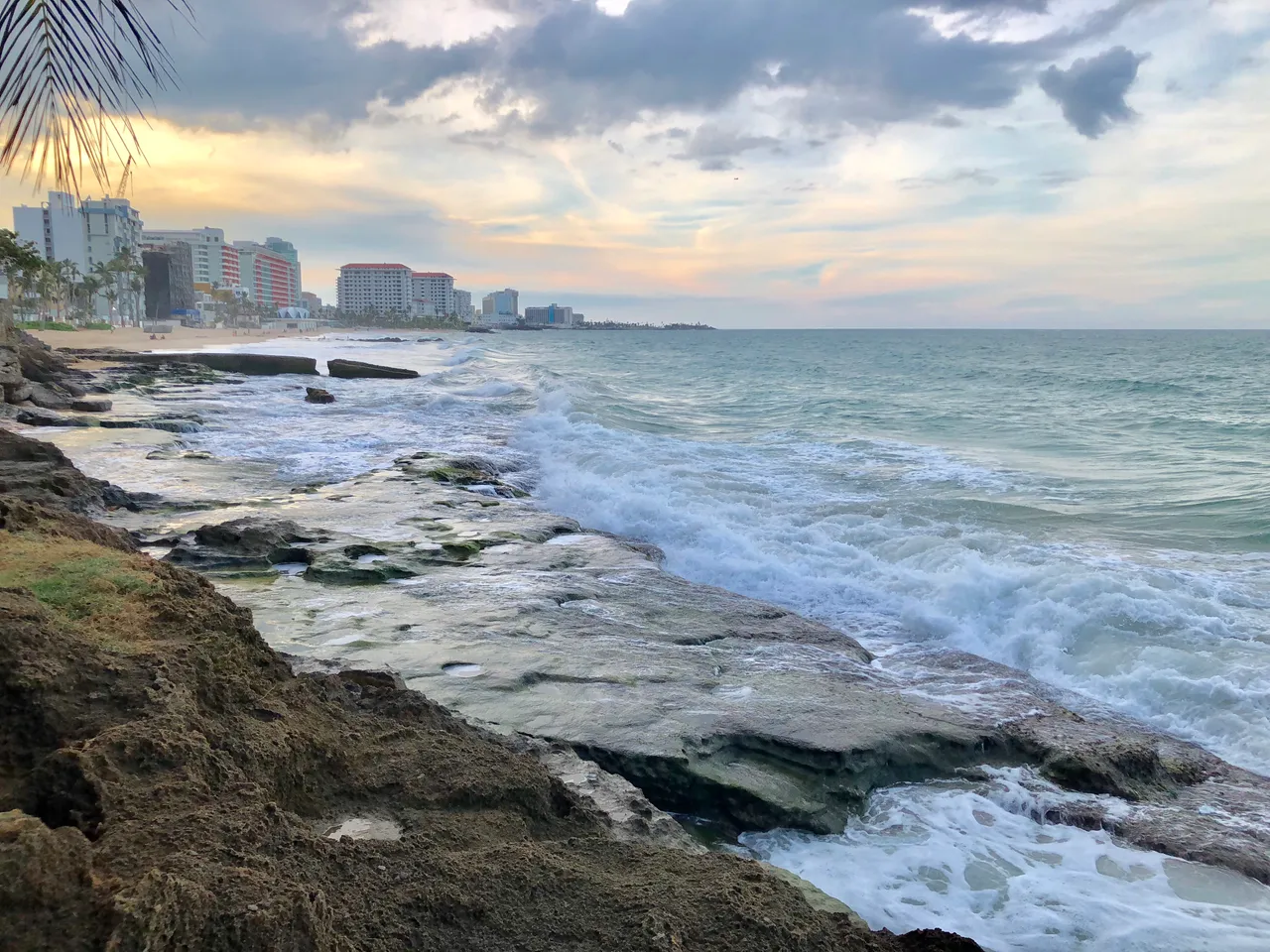Is social media a microcosm of reality and society? Or is it instead a world unto itself, largely detached from the full spectrum of human experience? I argue that it’s the latter. If anything, social media is presently just a mostly negative caricature of the real world.

Most everyone, including psychologists and sociologists who have studied the matter, agree that social media is awash in negativity. But...why? Is the world really that negative? No, not by any objective measure.
Today the world is safer than at most any time in recorded human history. Crimes (and especially violent crimes, including rape) are near record lows. Life expectancies are near all time highs. Worldwide rates of poverty have declined by more than 80 percent over the last few decades.
So, if reality isn’t all that bad, then why does social media portray it to be so?
I think there are multiple reasons. But one of the biggest and least appreciated (IMHO) is our human reluctance to celebrate life or express joy in the face of others’ pain or angst. And since there are always people suffering somewhere, we unconsciously conclude that sharing our joy is improper.
This reluctance to share joy is usually anchored in one of two (or perhaps both) of the following thought patterns (which are often unconscious):
- It’s not acceptable for me to be happy when there’s so much suffering and injustice in the world,
OR
- It’s not acceptable for me to APPEAR to be happy when there’s so much suffering and injustice in the world.
These two thought patterns are similar but slightly different. The first describes those people who actually deny themselves happiness and joy as a way of sympathizing with, empathizing with or displaying solidarity with the less fortunate or oppressed. This is not a large percentage of the population, fortunately, but they are definitely overrepresented on social media and so cast an outsized shadow over it. It seems to me that people who self-identify as social activists or “Social Justice Warriors” are way overrepresented among this group.
The second second thought pattern describes those people who actually do experience joy and wonder in real life but who decline to share their positive experiences on social media for fear of being deemed a braggart or being viewed as insensitive to the plight of others less fortunate. “How can I share my joy over my promotion when Johnny just told the world on Facebook that he’s got cancer and Trump’s about to bomb North Korea? I’ll look insensitive at best or self-absorbed at worst.” Most of the world probably falls into this group in some form or fashion.
Even when we make positive statements on social media, we usually feel compelled to offset them with something negative just so that we don’t appear too fortunate or too pleased with ourselves. This has lead to an epidemic of “humble bragging”—the practice of making a self-deprecating or modest statement that’s actually intended to draw attention to something about which one is actually excited or proud. It seems that it’s just not okay to be genuinely excited about one’s life anymore, or at least to convey that excitement to friends via social media. How sad.
Interestingly, we seemingly have no similar reluctance to share negative things on social media. There’s no unspoken requirement to offset the negative with something positive. Unlike humble bragging, there’s no compulsion to engage in “joyful lamenting.” Instead, when we lament, we implicitly reaffirm that we care about the plight of others and that we are engaged with the “important” issues of the day.
By underweighting the significance of the positive and overweighting the importance of the negative, we unconsciously guarantee that negatively is way overrepresented on social media as compared to real life. So, social media is not a microcosm of reality at all. In many ways its actually Bizarro World. Is it any wonder then than that study after study demonstrates a positive correlation between time spent on social media and rates of anxiety and depression?
Interestingly a new study out this week finds that people dislike humble bragging far more than...well..actual bragging! By denying our readers the full and authentic expression of our unabashed joy, and instead by offsetting it with some contrived self deprecation so as to maintain appearances, we both come across as disingenuous and also deny our readers an opportunity to fully celebrate life with us. When we assume that our readers will be offended by or jealous of our success or our delight, we assume the worst of them. And that implicit insult does not go unnoticed.
What a sad and dismal world it becomes when people feel safe fully expressing the negative while downplaying or dismissing the positive. I for one would LOVE to read more about your unabashedly positive experiences (no humble bragging please!). I hope you’ll trust me and the world to celebrate them right along with you and that you’ll resist the temptation to assume that we’ll be jealous or think less of you for being happy. I promise to give you the same courtesy.